
Eating a peanut butter may be one of the healthiest habits one has. Recently conducted research found that a daily dose of peanuts, or peanut butter helps people to meet recommended daily allowance of vitamins and nutrients.
Peanut butter and diet
It may be interesting to note that Americans spend almost 800 million dollars on peanut butter each year. It is popular but often avoided because of its high fat content. On the contrary, peanut butter may help to prevent over-eating and spontaneously adjust the caloric intake. A study conducted on Purdue University showed that the hunger was reduced for two and a half hours in participants who consumed snacks of peanuts or peanut butter during their diet. In patients who consumed other snacks, hunger returned within half an hour.
The conclusion is that peanuts and peanut butter may significantly help in fighting obesity because of the ability to give a feeling of fullness and thus prevent the food cravings.
Health benefits of peanut butter
The diets of peanut and peanut butter consumers are higher in vitamins A and E, folic acid, calcium, magnesium, zinc, iron, and fiber. Peanuts are also loaded with monounsaturated fats, which have been associated to lower cholesterol. Foods containing monounsaturated fats reduce low-density lipoprotein (LDL) cholesterol, while possibly increasing high-density lipoprotein (HDL) cholesterol. Regular use of peanuts and peanut butter may lessen the risk of heart diseases.
Healthy diet suggestions
There are many ways to consume peanut butter. The best possible way would be to remove unhealthy food products from the diet and replace them with peanut butter. Peanut butter may be used in sandwiches, instead of butter or cream cheese, or as a vegetables dipping. One may also use melted peanut butter as a fruit dressing, instead of cream-based regular ones. It may also be used sprinkled on salads, instead of croutons.
Some other healthy ideas include: dipping sliced apples in peanut butter; spreading peanut butter onto banana cut in half along the length; eating dry roasted reduced-salt peanuts; mixing roasted nuts and dried fruit; spreading peanut butter on a wholegrain bread toast or an English muffin; spreading peanut butter onto reduced-salt or whole grain crackers; spreading it onto tortilla, tortilla chips, rice or popcorn-cakes; mixing nuts and air popped microwave popcorn.
However, some people are allergic to peanuts. Allergic people do not have to eat peanut butter to get essential vitamins and nutrients. There are other ways to increase their intake of vitamins and minerals, such as eating more fruits and vegetables.


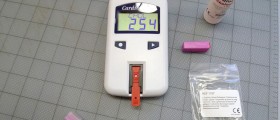
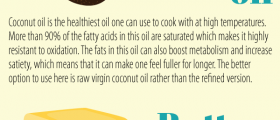

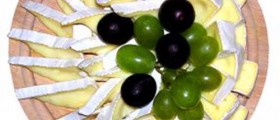
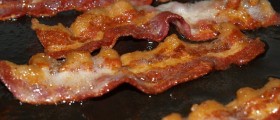
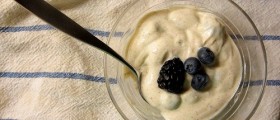

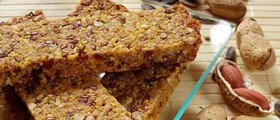

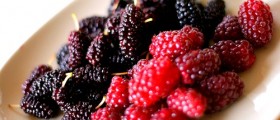
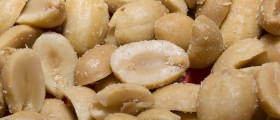
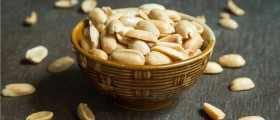
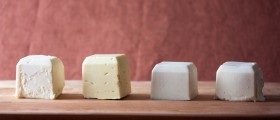

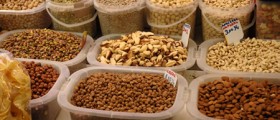
Your thoughts on this
Loading...